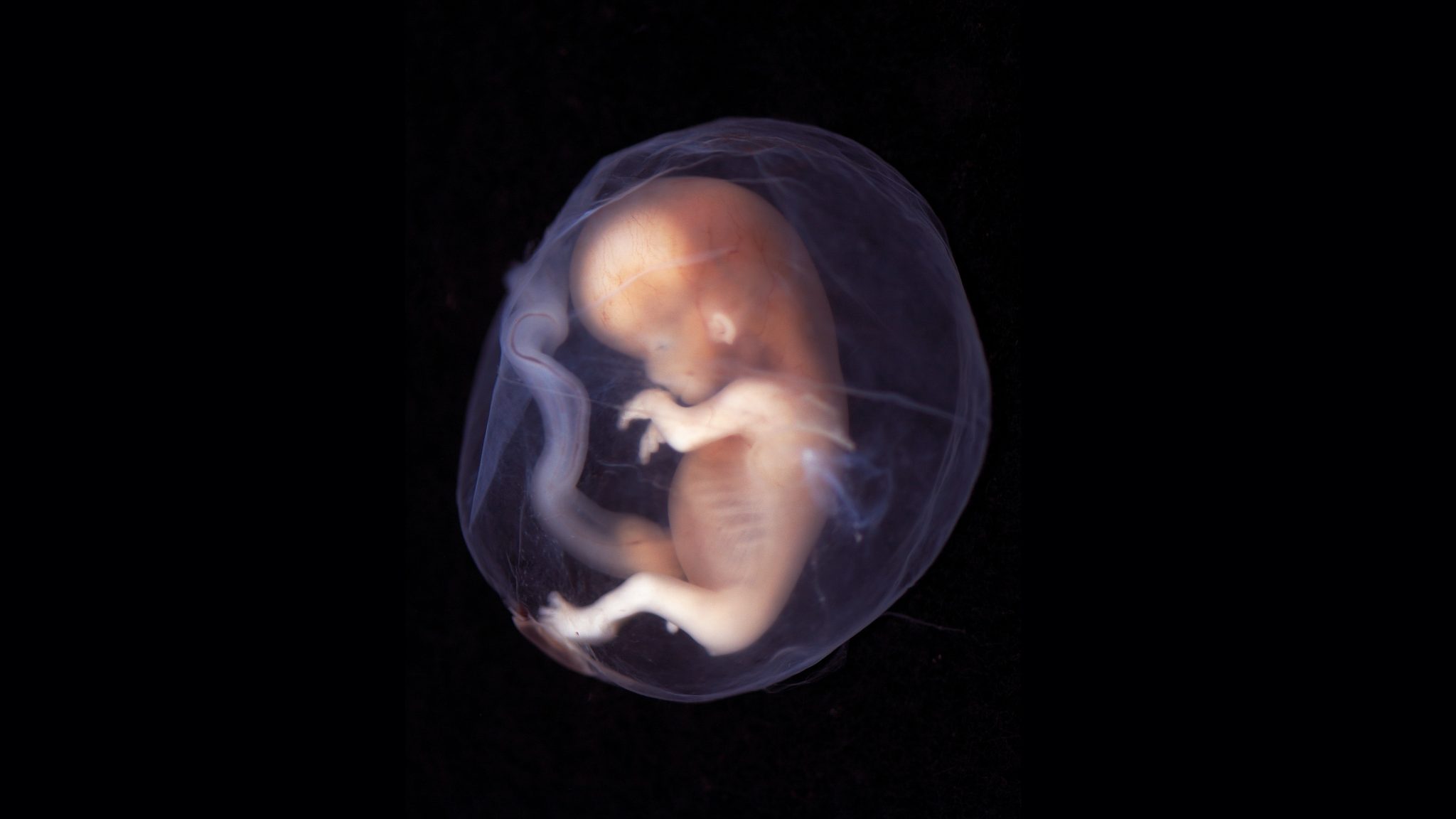
Embryo research: why not make it the “one month rule”?
Two ethicists argue that we should jettison the 14 day limit on growing embryos in vitro.
Since the 1980s, research on embryos in vitro has been governed by what is known as the “14 day rule”. The 14 day rule is a legal and regulatory precept — based on the consensus of experts from a range of academic backgrounds — according to which embryos should not be grown in vitro for longer than two weeks. The notion of a 14 day limit on embryo research was first proposed by committees in the UK and the US, and later adopted in Europe and other countries such as Australia and Canada.
While the 14 day rule has remained in place for a number of decades, recent developments in embryology have led bioethicists to question whether there are any principled grounds for retaining it. Specifically, two separate studies have demonstrated that embryos can be kept alive, healthy and developing for at least up to two weeks. Furthermore, scientists suggest that augmenting the time-limit on embryo research would allow for new breakthroughs into research on the causes of miscarriages and genetic disease.
A new article in the journal EMBO Molecular Medicine argues that the 14 day rule “should not become a dogma in itself” and that “science is changing and regulations need to adapt”. The authors of the article, ethicists John B. Appleby (Lancaster) and Annelien L. Bredenoord (Utrecht), reject claims that the two weeks marks a morally significant moment in embryonic development. Rather, the authors propose 28 days as limit that accommodates for research possibilities while still acknowledging extant ethical concerns. They observe that a 28 day embryo has no proximate capacity to feel pain, and they suggest that we have no more reason to be concerned about the potential personhood of a 28 day embryo, particularly seeing as we already destroy 14 day embryos without any moral consternation. The authors write:
“…it is difficult to identify any compelling moral arguments against extending this limit to 28 days. In order for embryo research to fulfil its potential benefit to humans both now and in the future, we therefore propose that the current limit on research should be extended to 28 days or the equivalent developmental stage that is normally attributed to a 28‐day‐old embryo”.
In contrast, moral philosopher Dame Mary Warnock — the lead author of a seminal report that led to the widespread adoption of the 14 day rule — argued recently that the 14 day should remain in place. She wrote:
“Perhaps with the 14-day rule we erred on the side of caution. But you cannot successfully block a slippery slope except by a fixed and invariable obstacle, which is what the 14-day rule provided”.
Embryo research: why not make it the “one month rule”?
Xavier Symons
Creative commons
https://www.bioedge.org/images/2008images/9-10-week-human-embryo-2048×1152.jpg
14 day rule
embryo experimentation
embryo research
